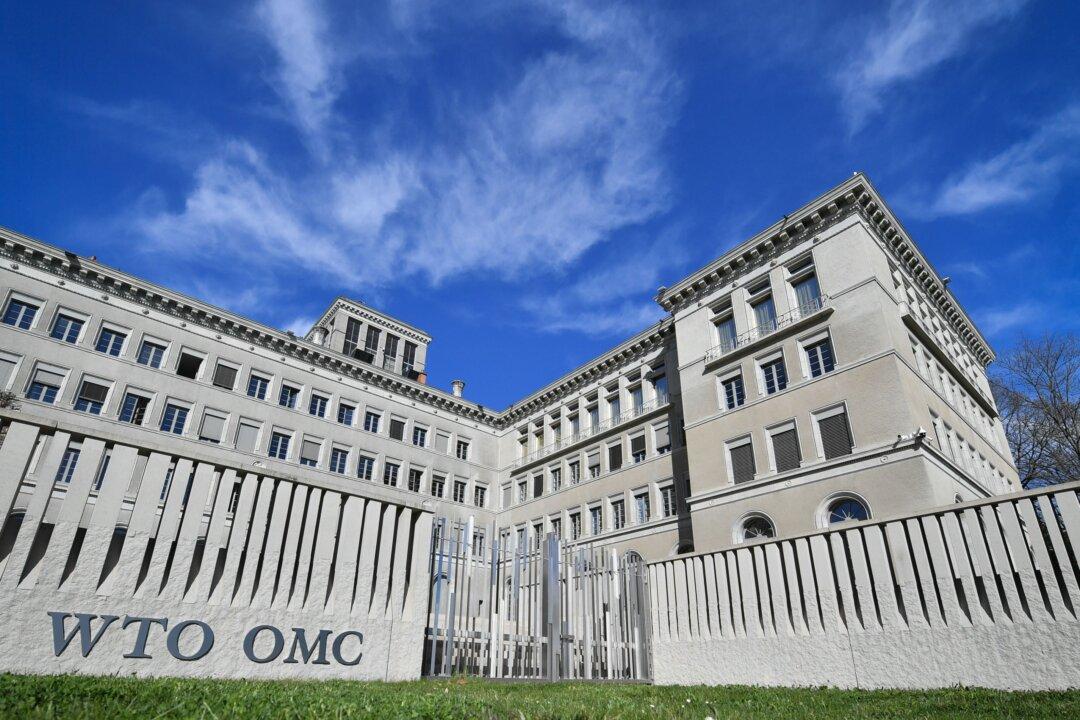Commentary
Free trade is getting a bad name. It used to be that economists and experts almost universally approved of unfettered international trade, free of distortion from subsidies and tariffs. Now that gospel is questioned because of the Chinese regime’s unethical trade practices, including dumping products at below-market prices and widespread technology theft, along with displaying territorial aggression against neighbors and genocide against the Uyghurs. President Biden’s maintenance of the Trump tariffs against China blew the free trade consensus wide open.





